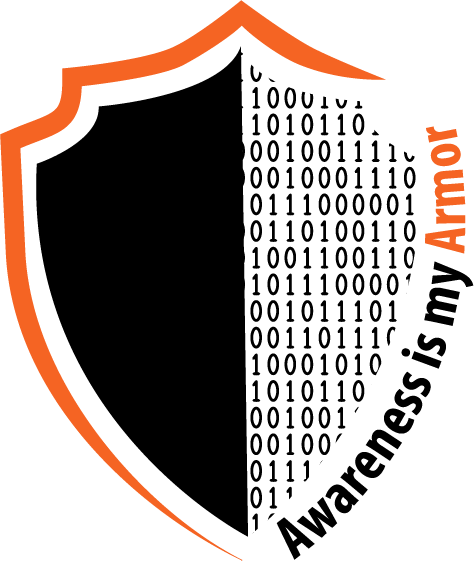Awareness Education

Cybersecurity Awareness Month
The month of October is dedicated to cybersecurity awareness. Learning how your actions impact the security of your personal data as well as the university's is the first step in understanding the critical role you play in cybersecurity.
Phishing, smishing, quishing, and vishing are the focus of the 2024 Cybersecurity Awareness Month campaign. Each of these actions are scams performed through email, text messages, QR codes. and phone calls. These scams are designed to trick you into divulging personal information.
To support the mission of Cybersecurity Awareness Month, Information Technology staff will host a series of educational events throughout the month. Stop by during one of these times to say hi!
2024 Events
- Tuesday, October 1, 9 a.m. - 11 a.m. - LSC, 2nd Floor Information Desk (📅 Add to Calendar)
- Wednesday, October 9, 9 a.m. - 11 a.m. - Frank Parker Plaza (📅 Add to Calendar)
- Thursday, October 17, 9 a.m. - 11 a.m. - Frank Parker Plaza (📅 Add to Calendar)
- Monday, October 21, 11 a.m. - 1 p.m. - LSC, 2nd Floor Information Desk (📅 Add to Calendar)
- Tuesday, October 29, 11 a.m. - 1 p.m. - Frank Parker Plaza (📅 Add to Calendar)
Phishing

Common Phishing Scams
- A scammer, posing as a known person, requests assistance in a task such as purchasing gift cards.
- Account Verification scams.
Watch for:
- A sense of urgency.
- An offer that is too good to be true.
Tips to Prevent Phishing:
- Do not follow links, go directly to the company website on your own to log in.
- Don't provide personal details in response to an unsolicited request.
- Check email addresses. Does the email address match the person that is sending the message?
Smishing

Common Smishing Scams:
- Account Verification
- Shipping Delays
- Service Cancellation
- Bank Fraud
In each of these cases the urgency of the message entices the recipient to click on included links that will take them to fraudulent websites or download malware to their device.
Watch for:
- Threats of prosecution.
- Promises of something too good to be true.
- Odd grammar and word usage.
- Banks or creditors that request account numbers.
Tips to Prevent Smishing
- Never click on a link.
- Never share personal information.
- Activate multi-factor authentication (MFA) on all accounts with your creditors, banks, and social media.
- Contact the company or bank directly if you are unsure of the message authenticity.
Quishing

Common Quishing Scams
- Scam to access an encrypted voice message.
- Change to win scams.
Watch for:
- Incorrect URLs.
- Odd placement of the QR Code.
- QR Codes not placed in official places for the represented company.
Tips to Prevent Quishing:
- Verify the URL after scanning a QR code.
- Exercise caution when entering personal or financial details after scanning a QR code.
Vishing

Common Vishing Scams
- Missed Jury Service Warrant
- IRS Unpaid Taxes
- Unpaid Bill Scams
Watch for:
- Unknown numbers. Especially those that are from a foreign country.
- A sense of urgency in the message.
- Does the accusation make sense.
Tips to Prevent Vishing:
- Don't answer the phone for unknown numbers.
- Call a company directly to confirm issues, do not trust the caller's word.
- Register your phone number with the National Do Not Call Registry.
- Use call blocking.
